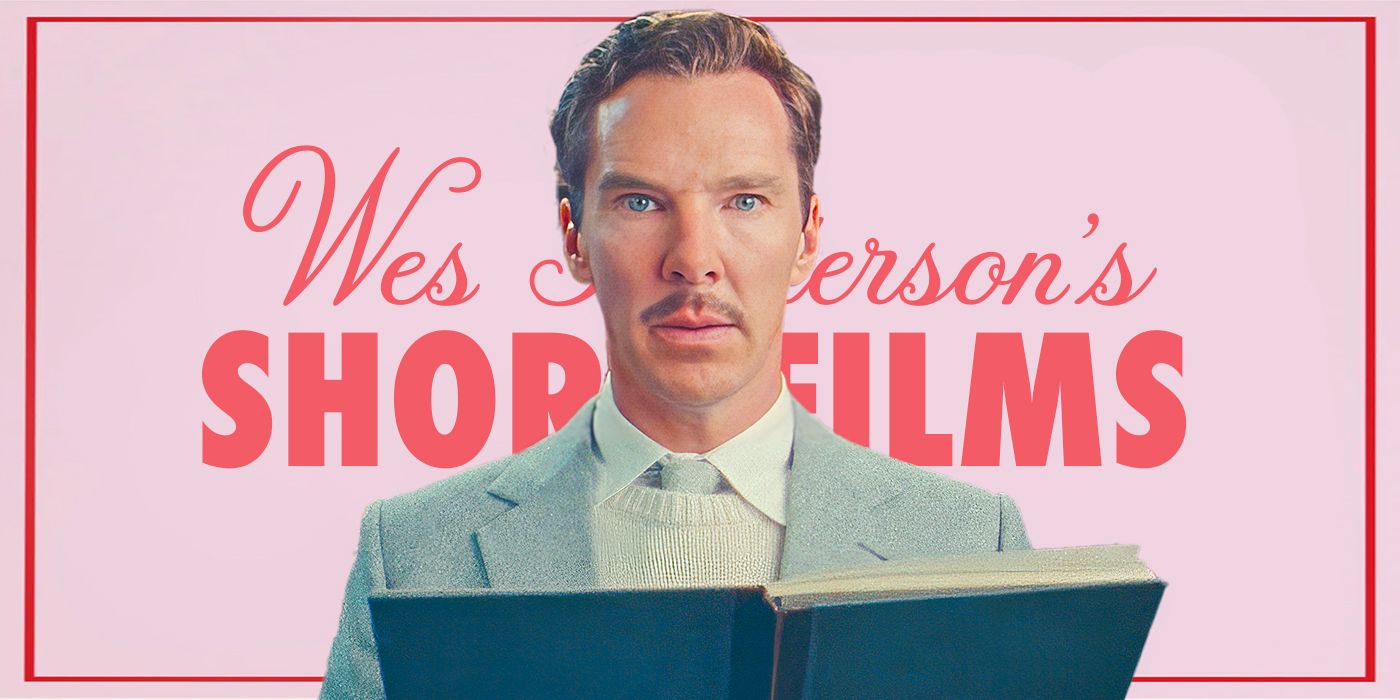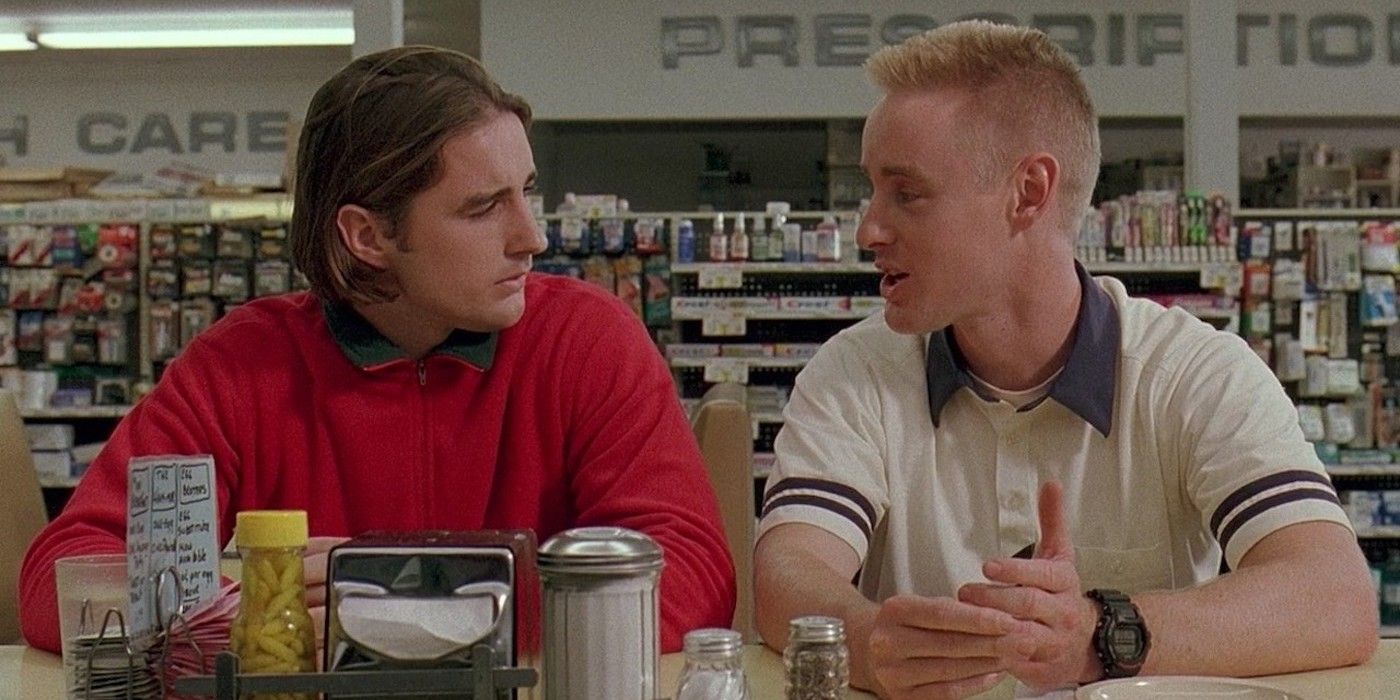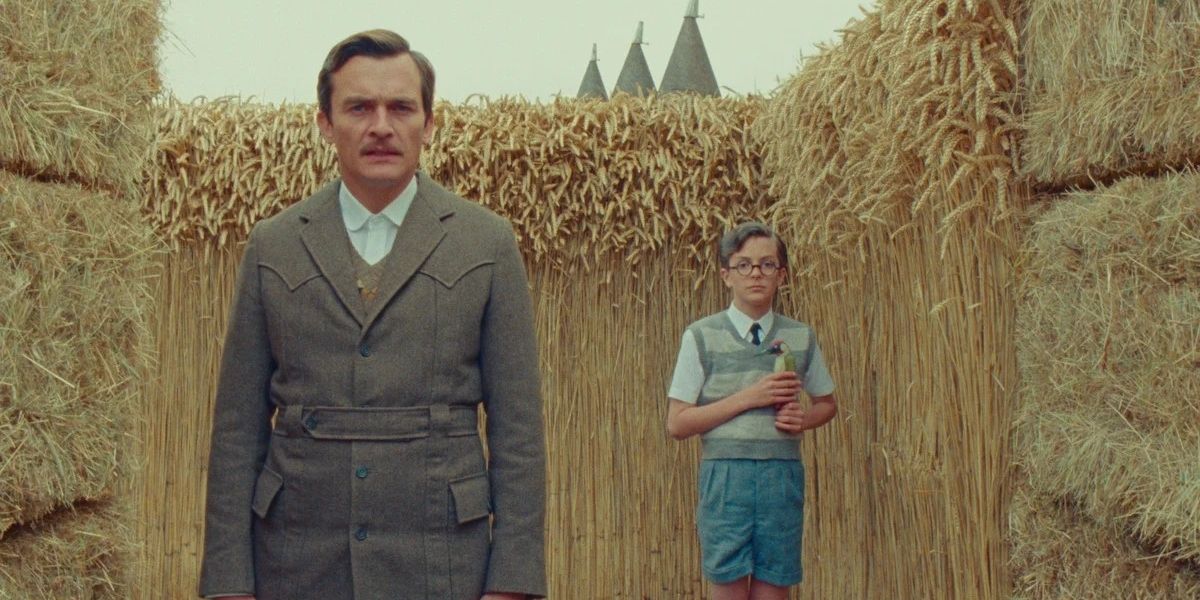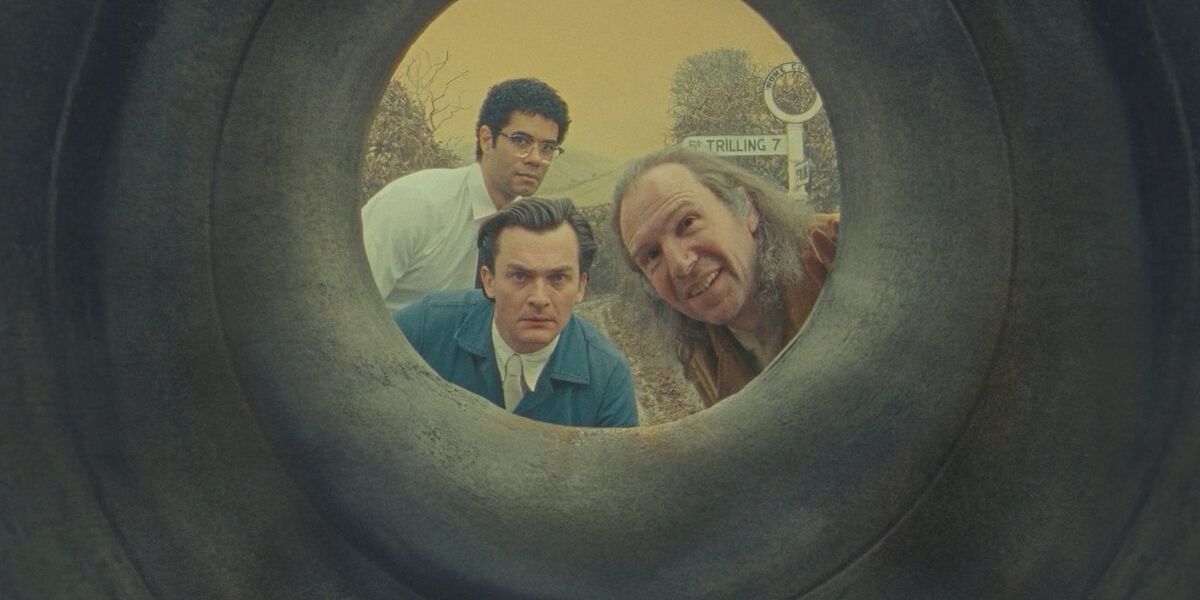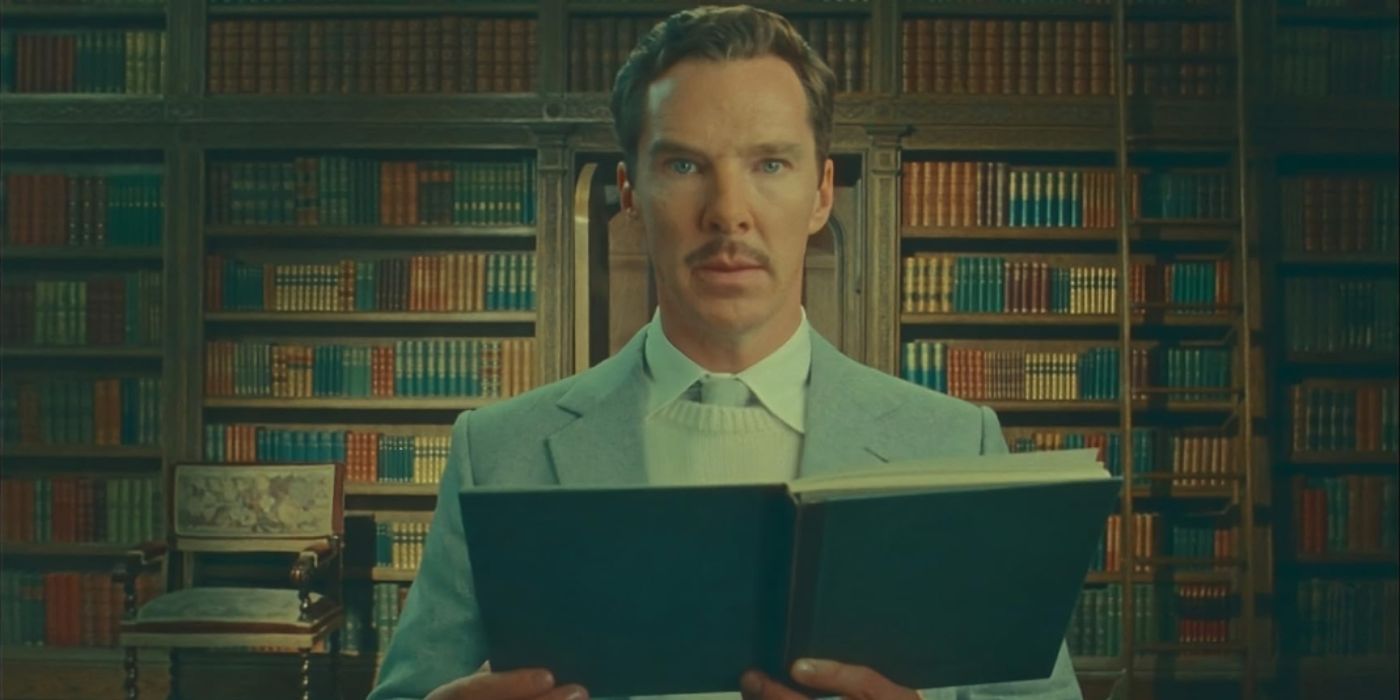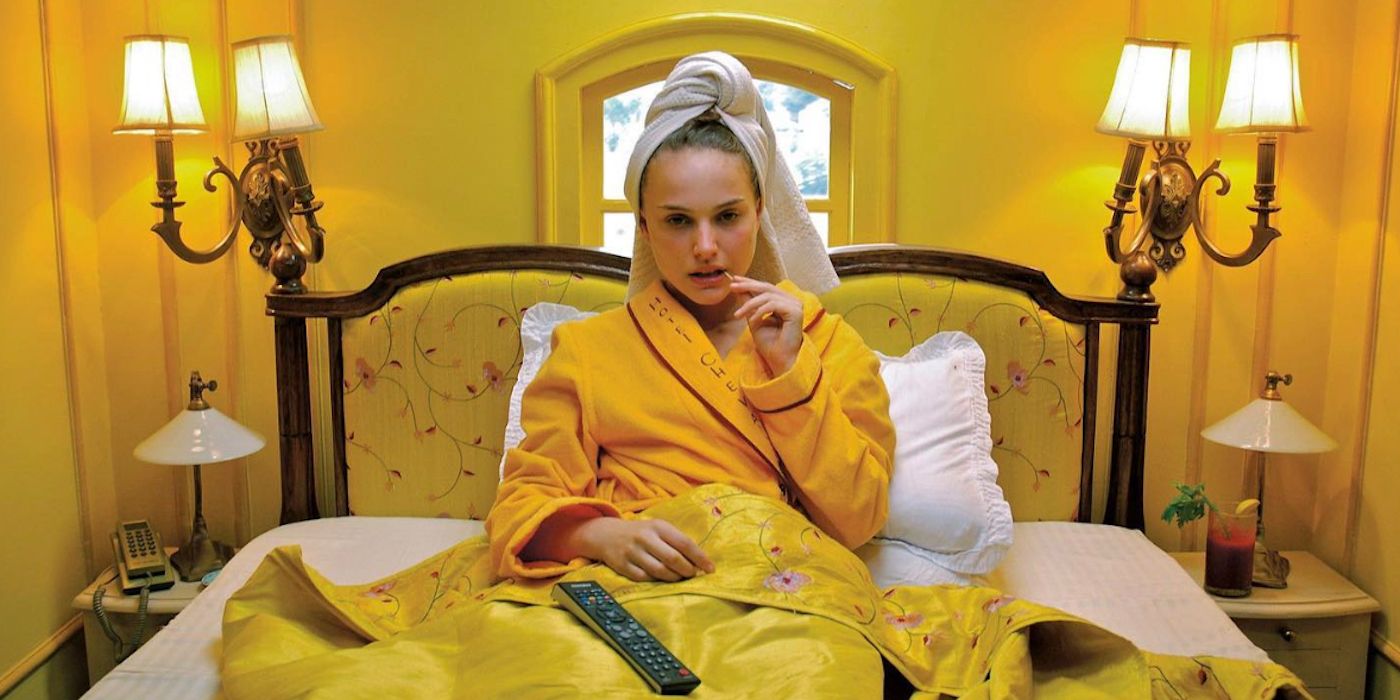Wes Anderson is a filmmaker with a very recognizable aesthetic and visual style. Even those who aren’t fans of his work recognize that Anderson’s films simply don’t look, sound, or feel like they belong to anyone else. The Oscar-nominated director has been making great films since his 1996 feature film debut, Bottle Rocket, but he’s also frequently experimented with short-form storytelling.
Whether designed to correspond with one of his features or used for promotional purposes, Anderson’s shorts are just as essential to his filmography as his feature-length projects. And although they carry his signature of excellence, some are undoubtedly better than others.
7 ‘Bottle Rocket’ (1994)
Before Anderson developed his iconic directorial debut, he created a short “proof of concept” film that essentially condensed the plot into 13 minutes. Although the Bottle Rocket short film pales compared to the film of the same name, it did feature the first collaboration between Anderson and siblings Owen and Luke Wilson. The brothers would become some of his frequent collaborators.
The Bottle Rocket short film isn’t quite as stylistically developed as some other films within Anderson’s rich filmography. However, the auteur’s fans may enjoy watching it simply to see where his eventual genius came from. The Wilsons are also a hoot, and the seeds of the feature film’s greatness are apparent from the get-go.
6 ‘The Swan’ (2023)
Anderson first showed that he could adapt the work of the beloved children’s author Roald Dahl in 2007 with his immersive stop-motion film adaptation of Fantastic Mr. Fox. Anderson’s quirky style fit perfectly with Dahl’s distinctive writing and fun characters. Thus, the director created four short films, released directly on Netflix, based on some of Dahl’s stories. Ralph Fiennes has a fun role in all four as an older, fictionalized version of Dahl that serves as the narrator.
The Swan is, unfortunately, the weakest of the four shorts. It tells the story of the young child Peter Watson (Asa Jennings), whose future self (Rupert Friend) recounts a story about the search for mysterious winged creatures. While The Swan shows how a young child contemplates death with an inspired and interesting approach, the film isn’t quite long enough to fully develop the concept.
5 ‘Castello Cavalcanti’ (2013)
Anderson’s films make the best of their environments. Even ordinary locations feel more exciting and creative when viewed through Anderson’s unique perspective, particularly those with stunning works of architecture. The 2013 short film Castello Cavalcanti is set in Rome and features a stunning exploration of the city’s visual splendor. The film pays tribute stylistically to the work of many great Italian filmmakers, including Federico Fellini.
Castello Cavalcanti stars Anderson’s frequent collaborator Jason Schwartzman. The actor plays egocentric Formula One racer Jed Cavalcanti as his drive in Rome becomes rife with errors. Schwartzman’s performance is entertaining, but there’s really not enough story in Castello Cavalcanti to compare it to Anderson’s more developed shorts.
4 ‘The Rat Catcher’ (2023)
One of Anderson’s most underrated qualities is his ability to capture suspense and intrigue. While he’s generally considered a more inherently comedic filmmaker, Anderson has proven on more than one occasion that he can utilize off-putting violence and danger to take the audience by surprise.
This is most evident in his adaptation of Dahl’s story, The Rat Catcher. The ever-reliable Ralph Fiennes stars as the titular rat catcher, whose search for an elusive rodent draws the interest of two hapless shop owners (Richard Ayoade andRupert Friend). The final encounter between the rat catcher and his prey is shot in a stark, visceral way reminiscent of film noir from the 1940s, giving The Rat Catcher a brutal spin that makes it stand out among Anderson’s oeuvre.
3 ‘Poison’ (2023)
The last of Anderson’s Dahl adaptations is also his most profound. The short film examines the nature of death with a story that focuses on a desperate attempt by the hardworking Dr. Ganderbai (Ben Kingsley) and his assistant Woods (Dev Patel) as they save the life of the wealthy man Harry (Benedict Cumberbatch). After Harry recovers from his trauma, Ganderbai discovers the man he saved is a horrible racist.
The twist of Harry’s secret prejudice is shocking, forcing the viewer to question whether his life was worth saving. Poison has all the trademarks of an Anderson film, plus a gut-punch of an ending delivered with his particular witticism that blends humor with wickedness.
2 ‘The Wonderful Story of Henry Sugar’ (2023)
Anderson is a natural storyteller and a filmmaker who thinks a lot about how stories are told. The Wonderful Story of Henry Sugar examines how one piece of information is passed down between different readers, each learning something different from it. Benedict Cumberbatch stars as the titular wealthy man, Henry, who learns a critical insight about memorization from a book that recounts the story of a dying man (Ben Kingsley).
Although the story itself is more profound, Henry only uses the information to cheat at cards and gain money. The film examines Henry’s maturity as he steadily learns that there are more important things than financial success. Furthermore, the film explores humanity’s innate differences and similarities and the rich rewards that come from spiritual growth.
1 ‘Hotel Chevalier’ (2007)
Anderson’s 2007 short film Hotel Chevalier serves as a prequel to his underrated film The Darjeeling Limited.
The feature film tells the story of three brothers, Francis (Owen Wilson), Peter (Adrien Brody), and Jack (Jason Schwartzman), as they recover from their father’s death. Meanwhile, Hotel Chevalier focuses only on Jack and his relationship with his girlfriend (Natalie Portman).
Although Jack comes off as somewhat passive-aggressive and obnoxious in The Darjeeling Limited, Hotel Chevalier shines a light on the experiences that shaped his personality. For her part, the mighty Portman delivers a delightful and alluringly dry comedic performance that seamlessly fits into Anderson’s idiosyncratic world. The actors make for a wonderful duo, revealing just enough about their characters to make them compelling without fully allowing audiences in.

